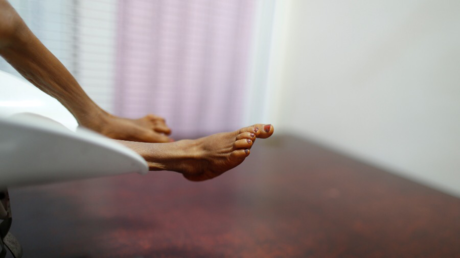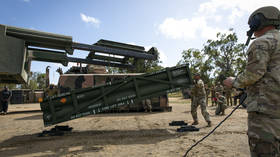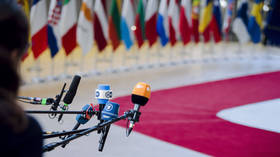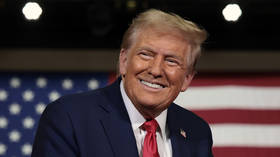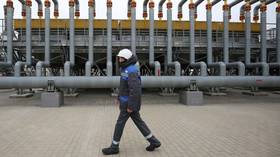Trump’s State Dept top legal advisor pick signals shift on Yemen
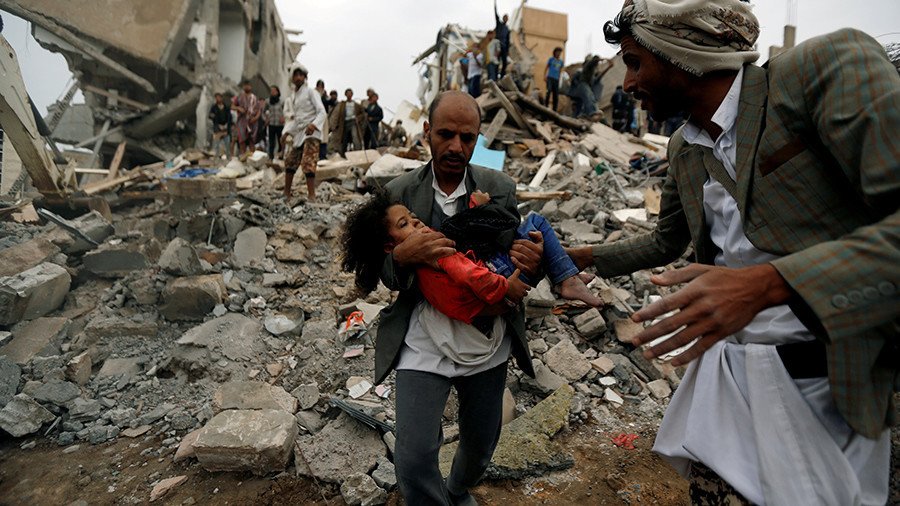
The Trump administration's pick for top legal advisor at the State Department has acknowledged the US could be violating its own laws and international law by restricting delivery of humanitarian aid in Yemen.
US statutes prohibiting American assistance to countries preventing the delivery of humanitarian aid may be applied in the case of Yemen, State Department legal advisor Jennifer Newstead indicated to the Senate Foreign Relations Committee (SFRC) in April, according to Foreign Policy. That would be a shift in current policy, which is more compromising towards the US Foreign Assistance Act.
In response to questions raised by SFRC member Senator Todd Young (R-Indiana), Newstead said aid groups “raise a substantial question” whether the Saudi-led coalition, which includes the United Arab Emirates and others, has directly or indirectly prevented the transport of US aid to civilians in Yemen. Newstead said she would provide answers to Congress within 30 to 45 days after being sworn in to the top legal advisor post at the State Department.
The war on Yemen reached 1,000 days on Wednesday and has taken a devastating toll on the country – the poorest in the region. Daily bombardments and a crippling siege have induced the worst humanitarian disaster in the world.
Last month, the US House of Representatives voted to adopt a nonbinding measure that called on forces involved in the Yemen conflict to work toward a political solution, stopping short of calling for an end to US ‘assistance’ in the war. Saudi Arabia has relied heavily on US surveillance and refueling from US tankers for its attack jets.
A statement last week from the State Department called for ‘all sides’ to cease fighting in Yemen, but failed to address the US role in the ongoing devastation.
In November, the United Nations Children's Fund (UNICEF) said nearly 400,000 children in Yemen are “at risk of death from severe acute malnutrition.” Children are also facing a deadly cholera outbreak, with 50 percent of the cases affecting those under the age of 15.
To mark the 1,000th day war in Yemen, six Nobel Peace Prize laureates joined more than 350 celebrities, public servants and academics in criticizing western leaders for “stoking the flames of war” in the Arab country.
